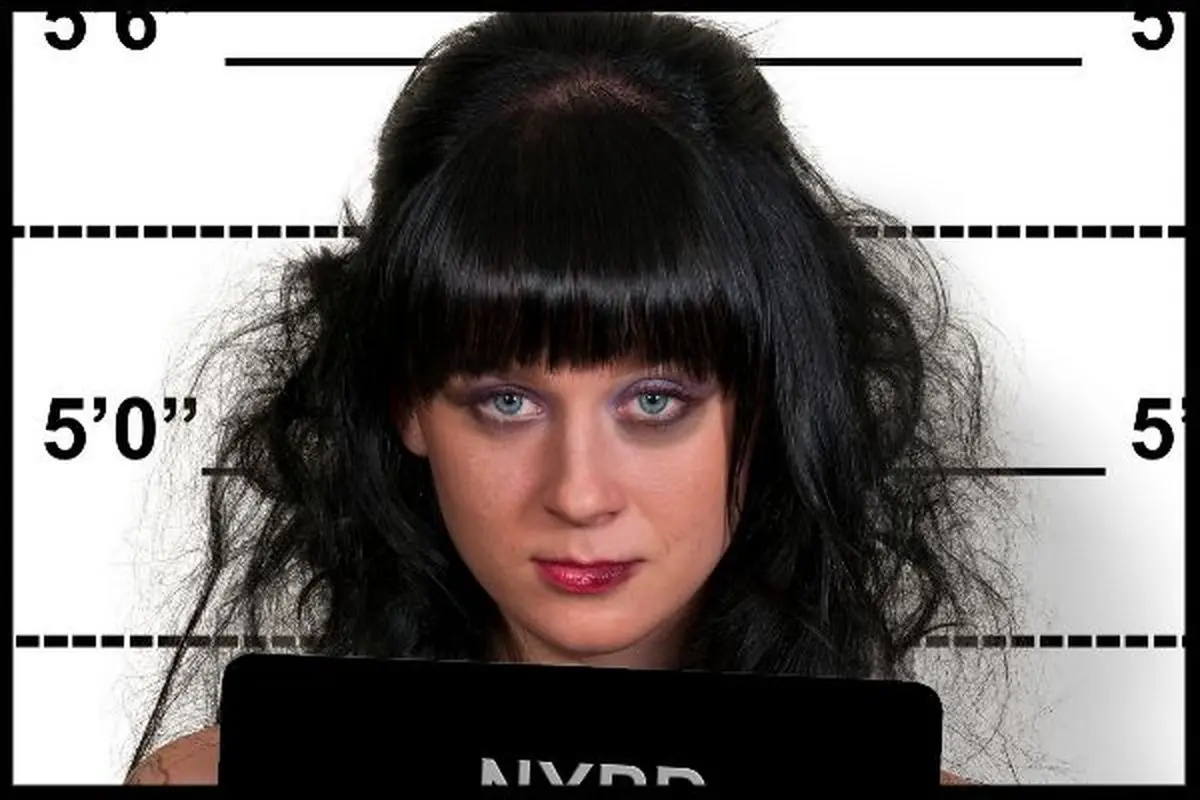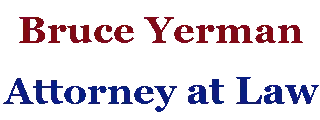
Table of Contents
A Warrant Means Police Are Looking for You
If police are looking for you in New York City, it’s probably due to a bench warrant, an arrest warrant, or an i card.
Contact a warrant lawyer right away. Even if you believe the police are mistaken, don’t ignore the situation. NYC warrants are serious business.
Getting Arrested in NYC
If you’re the subject of an i card or an nyc warrant, there’s a lot you need to know about getting arrested in New York City.
Perhaps most importantly, you should voluntarily surrender, for at least two good reasons:
- To avoid being forcibly arrested.
- To demonstrate that you’re not a risk of flight (hopefully resulting in release without bail, or lower bail than if you don’t surrender).
Arrest Warrant
An arrest warrant is also an order issued by a judge, directing police to arrest the person named in the warrant.
Typically, a court will issue an arrest warrant with your name on it when a grand jury indicts you. The arrest warrant authorizes police to arrest you, and bring you to court to answer the charges in the indictment.
If you learn that an arrest warrant exists, contact a warrant lawyer immediately, to arrange your surrender and represent you at your arraignment.
Hiring a warrant lawyer in advance can reduce the time you spend in custody between arrest and arraignment. It will also give you an opportunity to make arrangements to post bail if the Court sets bail at your arraignment.
Don’t ignore the warrant. Don’t hide out or flee. Your voluntary surrender is a strong fact in favor of the Court releasing from custody while the criminal case is pending.
Bench Warrant
A bench warrant is an order issued by a judge, authorizing police to immediately arrest you.
A judge will issue a bench warrant when you fail to meet a court obligation. For example:
- Failure to appear in court on a scheduled court date.
- Failure to complete community service by a scheduled date.
- Failure to pay a fine.
- Failure to satisfy any other sentencing condition.
Ignoring a bench warrant is a very bad idea. There can be numerous consequences, such as:
- Bail revocation
- Bail increase
- Re-sentence to jail
- Bail-jumping charges
If the court has issued a bench warrant, you need a bench warrant attorney ASAP.
Contact me for a free consultation. We’ll figure out why the court issued the warrant, and determine the best way to deal with it.
If you missed court for medical reasons, or due to a death in the family, promptly providing documents to the Court is the best way to establish your excuse.
I Card
An i card is not issued by a judge. It’s not a warrant, even though police might refer to it as one.
An i card is an NYPD notification identifying you as a suspect or “a person of interest”.
Police will search for you in connection with an i card. If they know where you live, they’ll stop by your home. If they know where you work, they’ll stop by your office. If you’re wanted in connection with a non-violent crime or if you’re difficult to locate, police might call you and ask you to meet them at the police station.
You might first learn about an i card when police stop you for an unrelated reason, such as a traffic infraction. When police run your name through NYPD databases, as they routinely do, the i card will appear. You’ll then be arrested and arraigned.
Warrant? Don’t Ignore It.
Schedule a FREE CONSULTATION with Bruce Yerman, Attorney at Law
Here are some important do’s and don’ts when you learn you have an i card:
- Don’t ignore the i card.
- Immediately contact your criminal defense lawyer. Hire a lawyer if you don’t already have one.
- Don’t speak to the police about the matter they’re investigating – not on the phone, and not in person.
- Have your lawyer contact the officer or detective assigned to your case, to find out what the charges are.
- Have your lawyer arrange your “voluntary surrender”.
- Arrange to have someone at your arraignment to post cash bail if needed.
Free Consultation
Bruce Yerman is a warrant lawyer in New York City. His office is located in Suite 1803 of 299 Broadway in Manhattan. If you’d like a free consultation to discuss criminal defense or family law, call Bruce at:
Or email Bruce a brief description of your situation:
